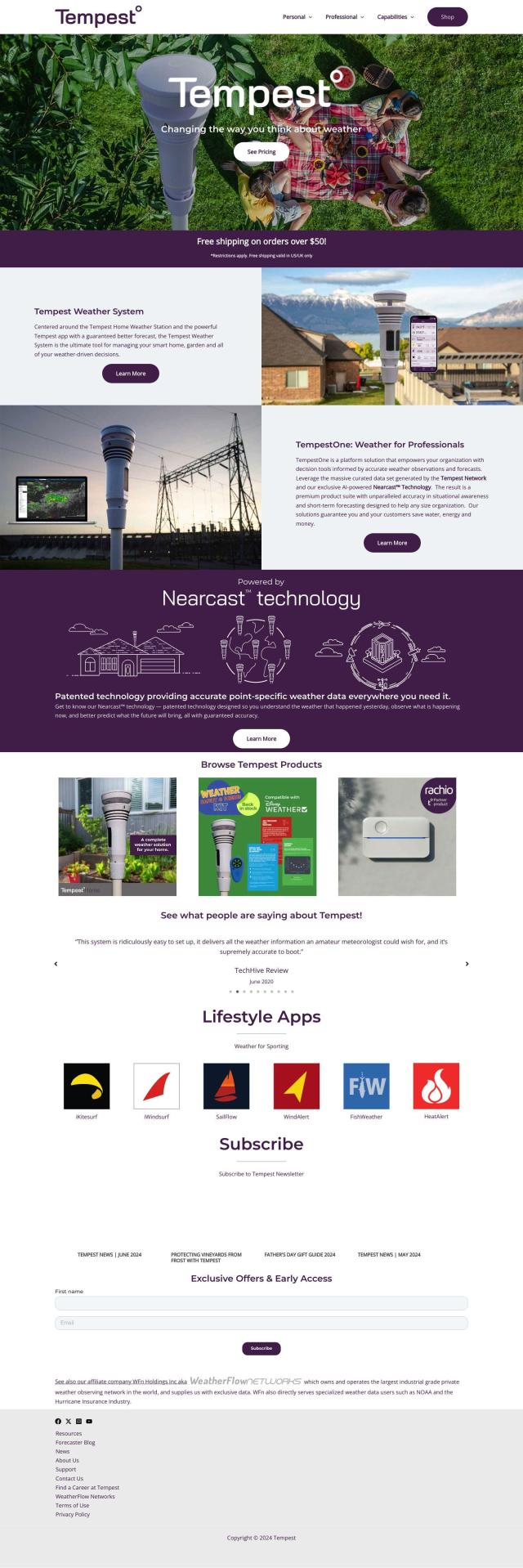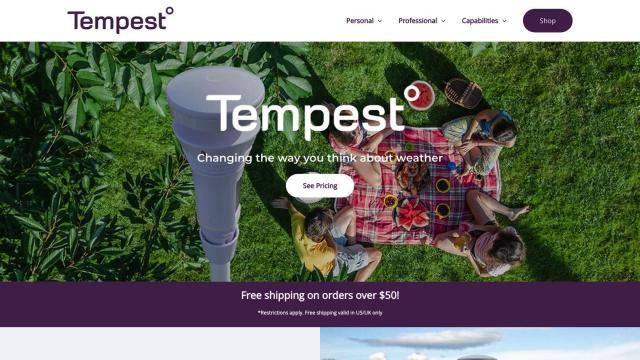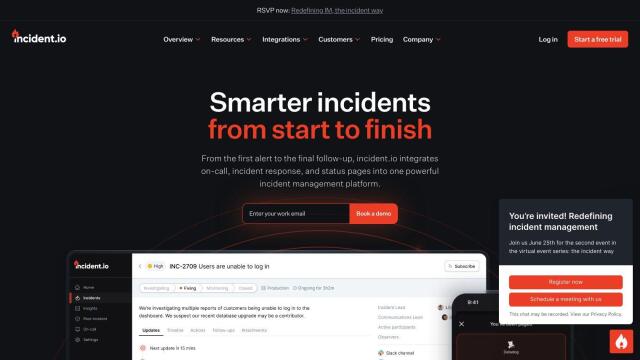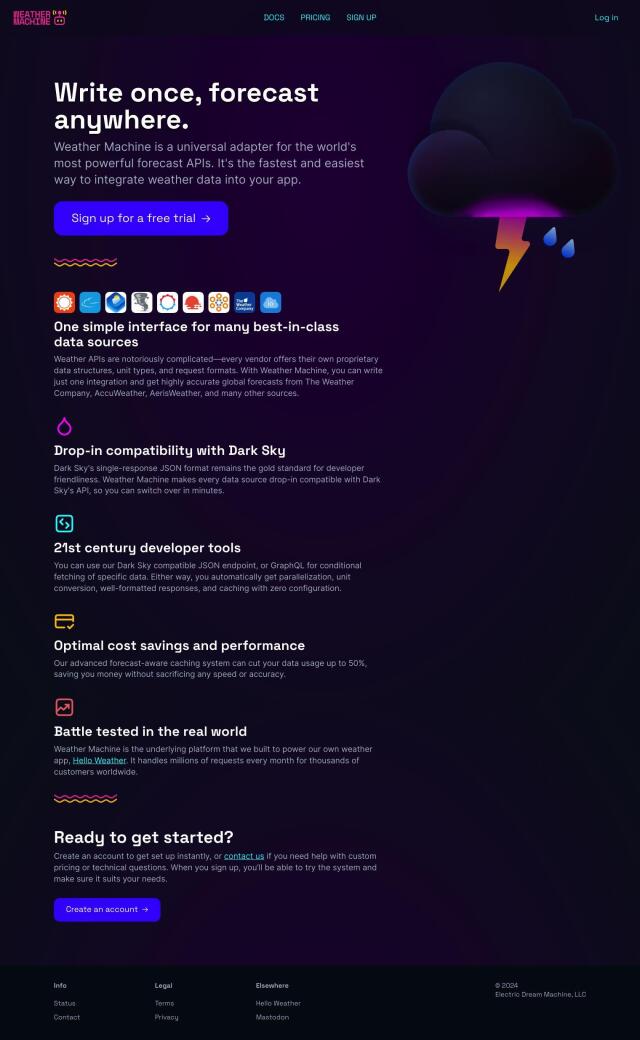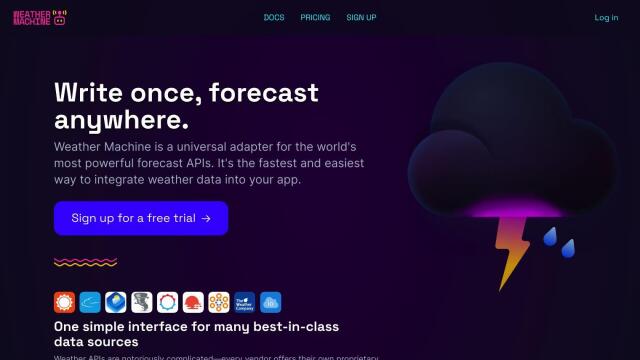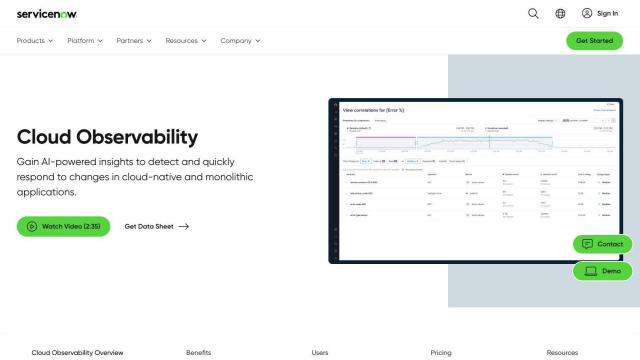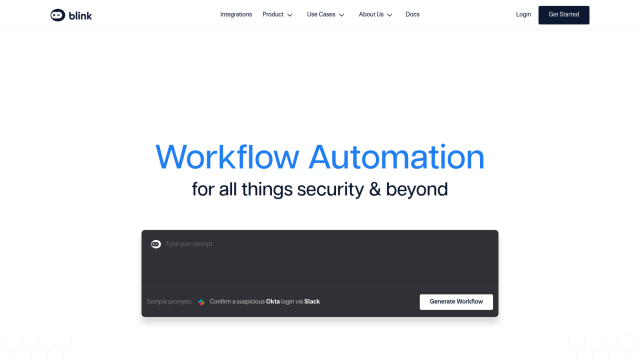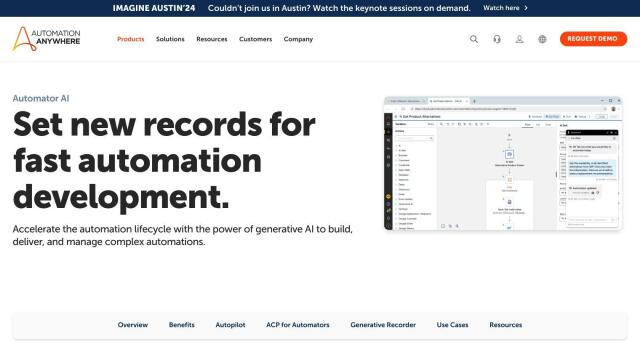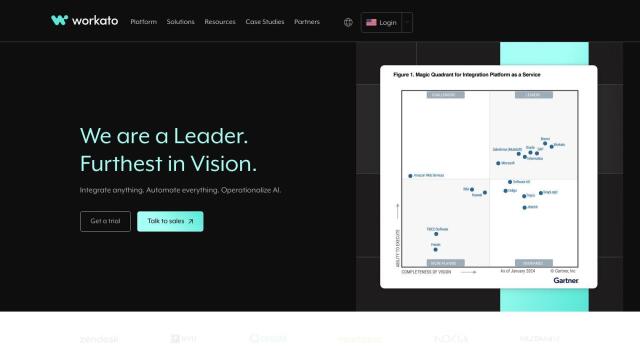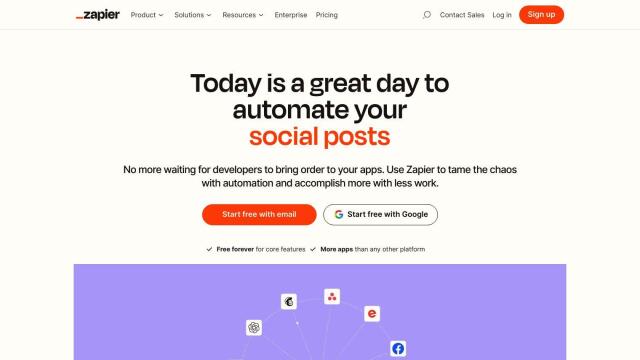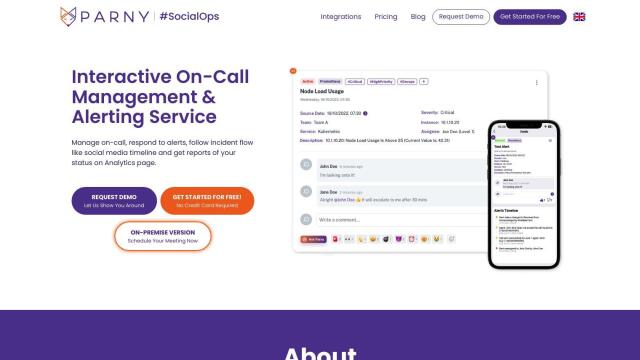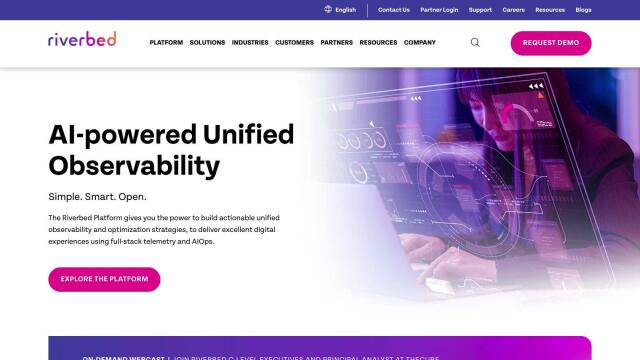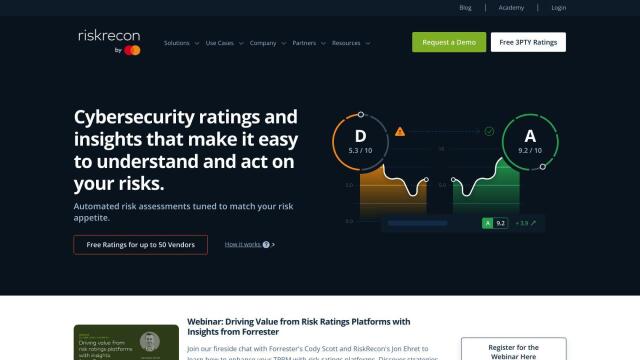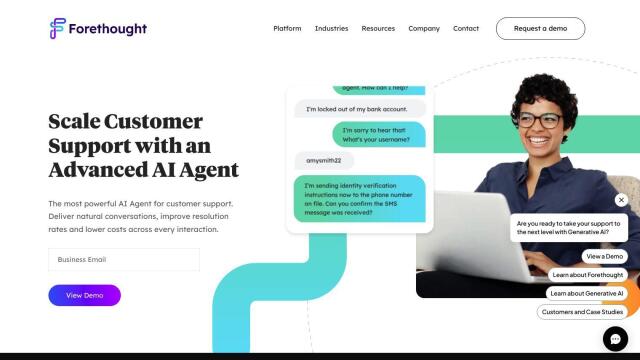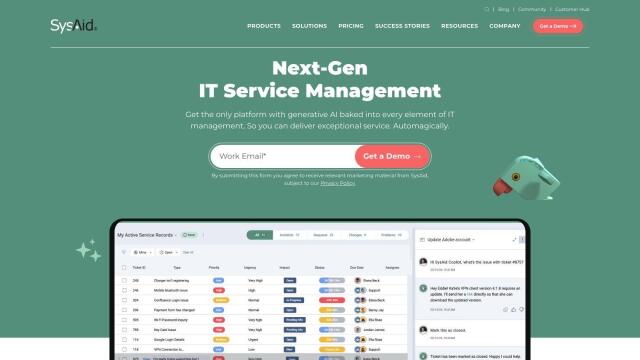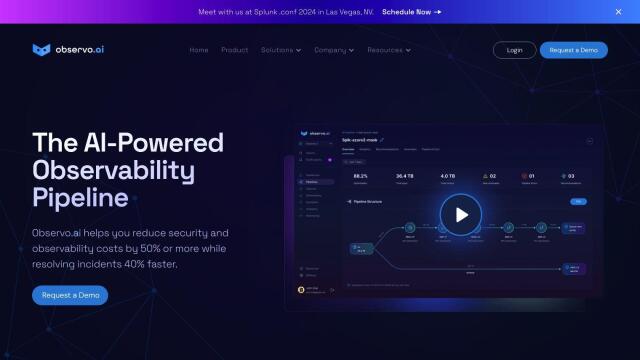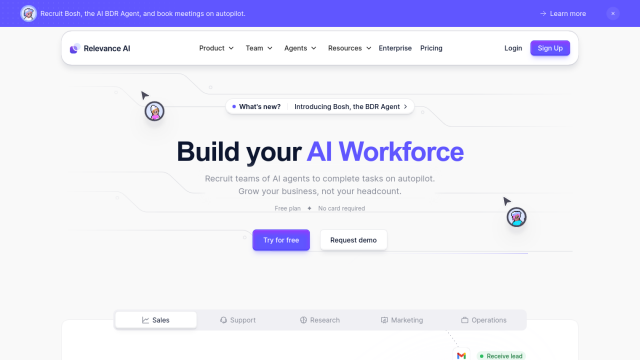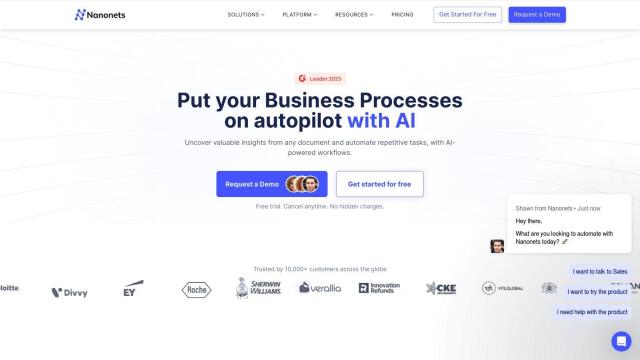Question: I need a solution that automates weather-related alerts and response workflows for disaster recovery operations.

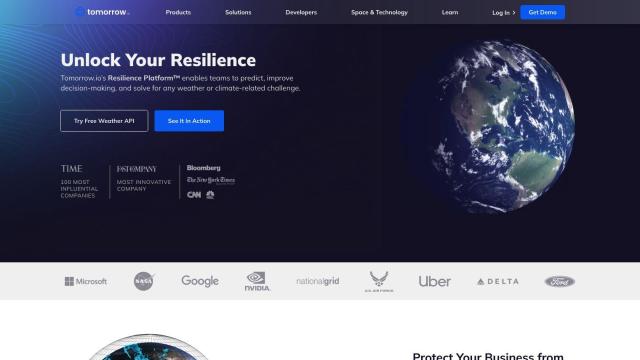
Tomorrow.io
For automating weather-related alerts and response workflows for disaster recovery operations, Tomorrow.io offers a full weather resilience platform. It offers hyper-accurate weather data, real-time forecasts, and automated protocols to help businesses forecast and manage weather challenges. The platform includes probabilistic forecasting, generative AI for weather outlooks, and integration with applications through JSON format. This makes it a strong fit for industries like disaster recovery, ensuring proactive decision-making and long-term resilience.

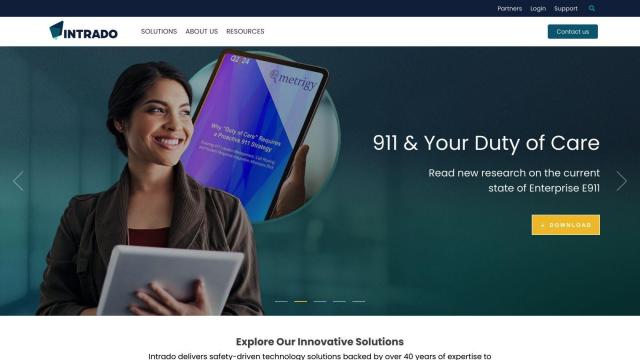
Intrado
Another noteworthy platform is Intrado, which improves public safety outcomes by advancing emergency response with technology solutions. While its main focus is on 911 technology and public safety, some of its features, such as robust call handling and management systems, enterprise solutions for employee safety, and Next Generation 911 services, could be used to improve disaster recovery operations.

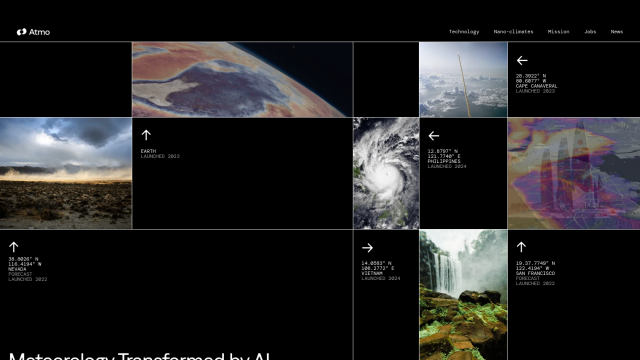
Atmo
For hyper-local and accurate weather forecasting, Atmo has an AI-based system that uses deep learning models to continually refine forecasts. It provides detailed forecasts at a speed much faster than traditional models, making it a good fit for applications where precise, real-time weather insights are important, such as disaster recovery operations.

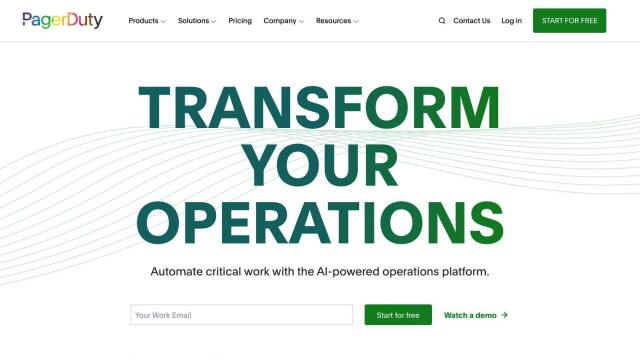
PagerDuty
Last, PagerDuty is an integrated platform for real-time operations, offering end-to-end incident management, automation, and customer service operations. Its features, including AIOps for noise reduction and triage acceleration, and automation for critical work, can be used to improve disaster recovery operations, speeding up response times and improving operational resilience.
